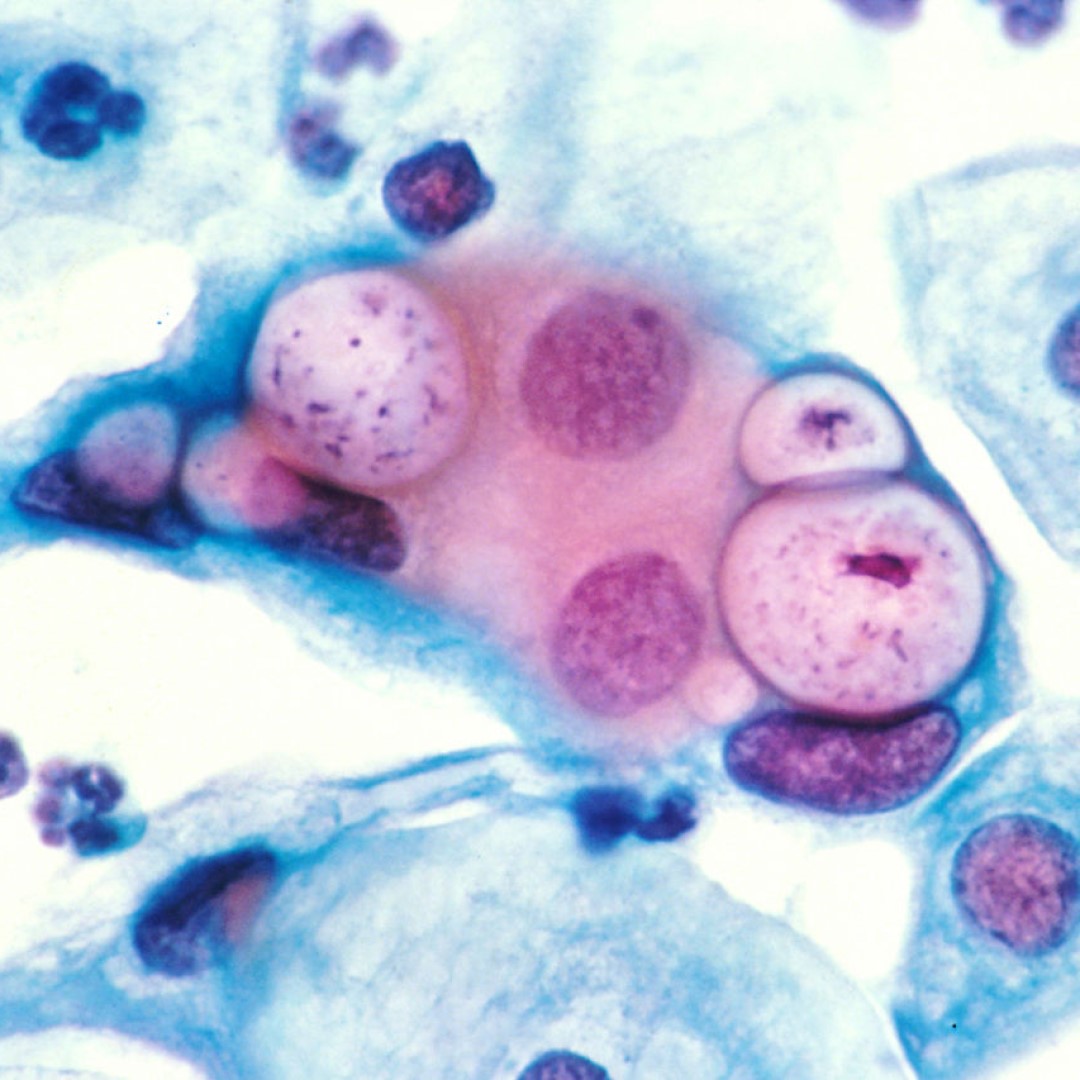
NeoPath merged with AutoCyte to create TriPath Imaging
On Jun. 7, 1999, NeoPath merged with AutoCyte to form TriPath Imaging based in Burlington, N.C. NeoPath was a university of Washington spin-off co-founded by Gordon Kuenster, that made the AutoPap automated screening system for cervical cancer.
AutoCyte developed a system that produced slides with a thin layer of cervical cells, an alternative approach to the standard Pap smear. Each NeoPath share was exchanged for 0.79 shares of AutoCyte, worth $6.12 at its closing price.
Cervical cancer is one of the most deadly and common forms of cancer among women if no action is taken to prevent it, yet it is preventable through a simple screening test, the so-called PAP-smear. This is the most effective cancer prevention measure developed so far. But the visual examination of the smears is time consuming and expensive and there have been numerous attempts at automating the analysis ever since the test was introduced more than 60 years ago.
The first company with a screening product to finally receive U.S. Food and Drug Administration (FDA) approval was Tripath in 1998. It was the merger of NeoPath, Neuromedical, and AutoCyte. It is to a large extent based on the AutoPap 300 system.
A new liquid based specimen preparation technique called SurePath has been added to further improve the system performance although it can also analyse conventional smears. According to the FDA approval, the system can be used to recognize about 25% of the slides as normal for no further review; the other 75% are ranked into five categories at risk for abnormality.
Tags:
Source: Wiley Online Library
Credit:
